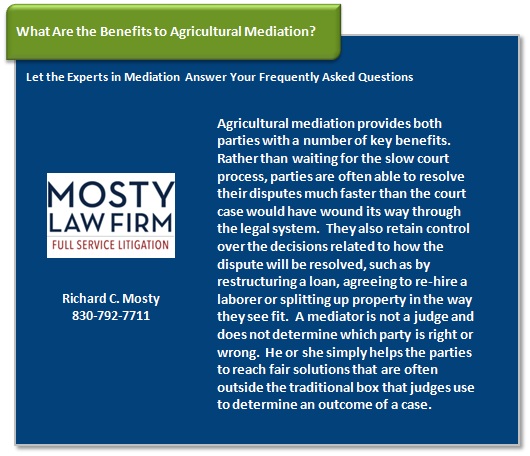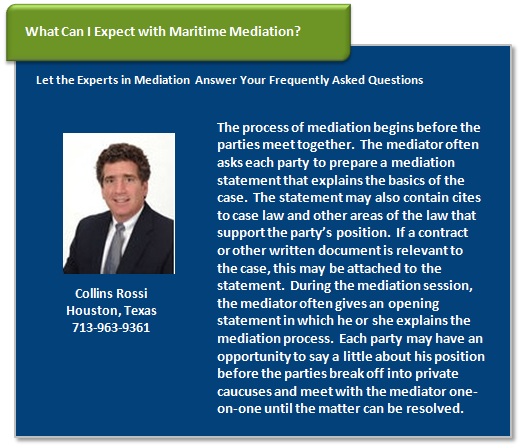 Most family law practitioners know that divorce is often not the ending. Post-divorce modification and enforcement actions can cause a case to continue on indefinitely. When a modification is being contemplated, there are several factors to consider, including:
Most family law practitioners know that divorce is often not the ending. Post-divorce modification and enforcement actions can cause a case to continue on indefinitely. When a modification is being contemplated, there are several factors to consider, including:
Type of Modification
There may be a variety of modifications that may arise over time. An award of spousal support may need to be adjusted based on a disability or change in income. Child support may be increased or decreased due to change in family circumstances, income or expenses. Child custody or visitation may be modified because of a change in the child’s preferences, relocation or other circumstances.
Court’s Authority
Both parties must consider the authority of the court. State law may limit when a modification action can be heard by the court, such as once every three years unless there is a material change. Child custody decisions are based on the child’s best interests, which may evolve over time. The court may be unable to hear a case regarding an adjustment in child support if no significant changes have occurred.
Jurisdiction
Typically, the court that sets the original order retains jurisdiction of the case. However, if the parents move, the state may relinquish jurisdiction of the case and new rules could apply.
Desired Enforcement Mechanism
If one party is not complying with the court’s order, the other party may need to consider what type of enforcement action he or she is looking for. For example, if the party is refusing to pay child support, attempting to get that parent locked up may not serve the other party’s interests.
Agreement
In some cases, both parties may agree that a change may be necessary. Rather than having to fight through litigious hearing, the parties may agree to participate in mediation or arbitration so that they have a greater say over how their legal dispute is resolved. Both options provide substantial benefits.






 Mediation is a non-adversarial process that is an alternative to litigating a matter. The process seeks to get the parties to focus on working out their legal issue to avoid a costly and time-consuming court battle.
Mediation is a non-adversarial process that is an alternative to litigating a matter. The process seeks to get the parties to focus on working out their legal issue to avoid a costly and time-consuming court battle.
